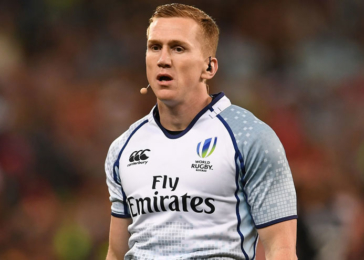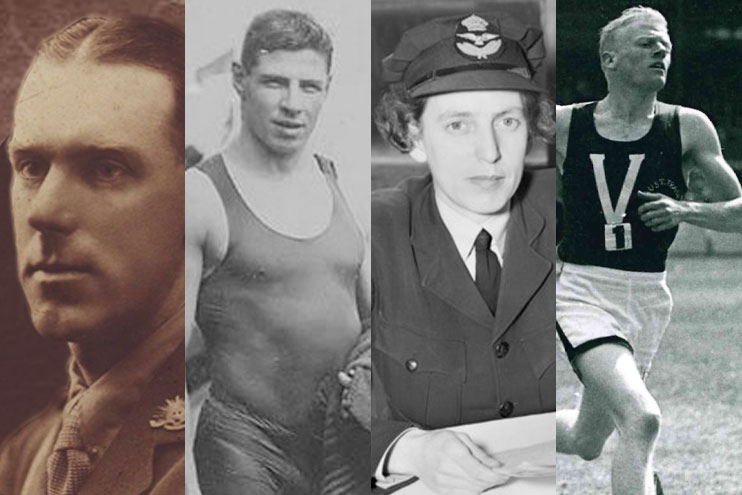
We honour our Commonwealth Games Australia alumni who represented their country not only at the Games, but at World War I and World War II.
Commonwealth Games Australia honours our four alumni members who represented their nation at the Games and at the World Wars.
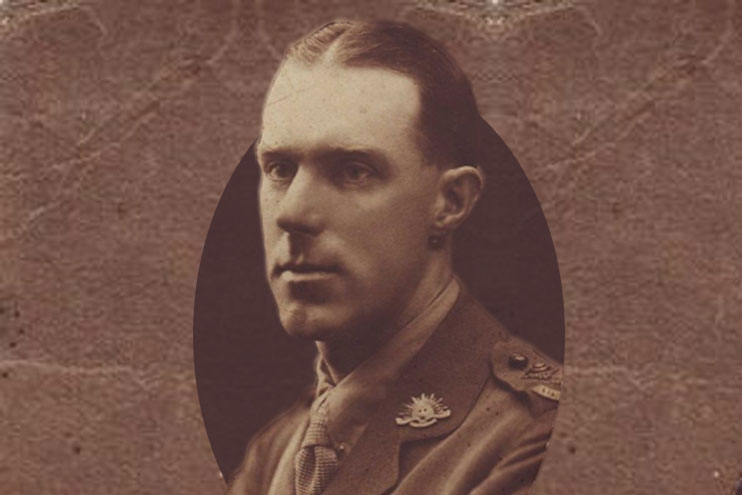
Gregory ‘Dad’ Wheatley
Gregory Wheatley represented Australia at the 1911 Festival of the Empire. Nicknamed ‘Dad’, he competed in the 880-yard dash finishing second to claim the silver medal. While not recognised as an official Commonwealth Games, his performances during this period suggested he was one of Australia’s early middle-distance runners of his day. In 1912, while attempting to gain selection for the 1912 Summer Olympics, Wheatley broke down in training and was forced to retire from competitive athletics. When his brother Noel, was killed in the Gallipoli Campaign in 1915, Wheatley signed up with the Australian forces and served four years across Europe and Egypt, reaching the rank of Sergeant-Major.
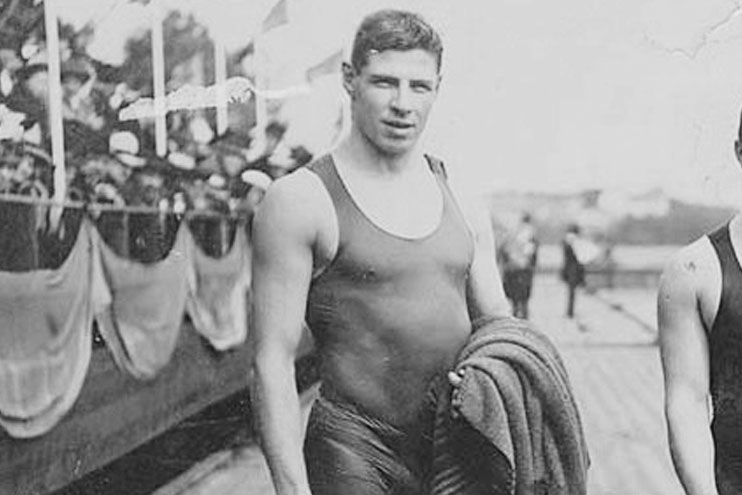
Harold Hardwick
Harold Hardwick was the star of the 1911 Festival of the Empire. Hailing from NSW, Hardwick was initially chosen to be in the Australasian team primarily as a swimmer, but the 23-year-old was persuaded to also nominate for the heavyweight boxing division. Amazingly, Hardwick a talented sportsman went undefeated in the boxing competition to win the gold medal, adding to his victory in the 100-yard swim, to cap an impressive showing of his athletic abilities. Hardwick, with his double in boxing and swimming, was Australia’s only gold medal winner at the Festival of the Empire. Hardwick joined the Australian Imperial Force in August 1917 and served in World War I with the No.2 Signal Squadron as a sapper in the Middle East. He was discharged in October 1918 at the war’s end. He maintained a commission in the militia from 1921 and during World War II as lieutenant-colonel he commanded the 1st Cavalry Divisional Signals from 1940 to 1942, rising to the rank of colonel.
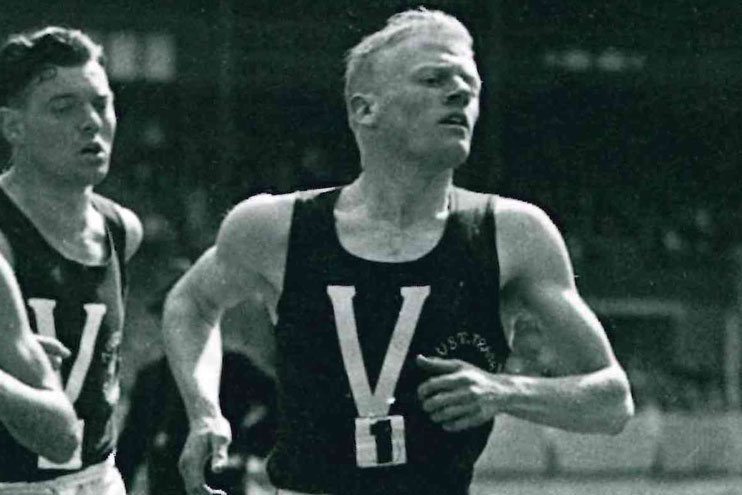
Gerald Backhouse
Gerald Backhouse won a silver medal in the 1-mile event at the Sydney 1938 Empire Games and finished seventh in the 880-yard race. Two years earlier, Backhouse finished eighth in the Berlin 1936 Olympics final, and competed in the 1500m heats. During World War II, Backhouse was a Sergeant in the Royal Australian Air Force, serving on attachment with the Royal Air Force. Sadly, he died in a practice bombing flight in England on 28 December 1941.
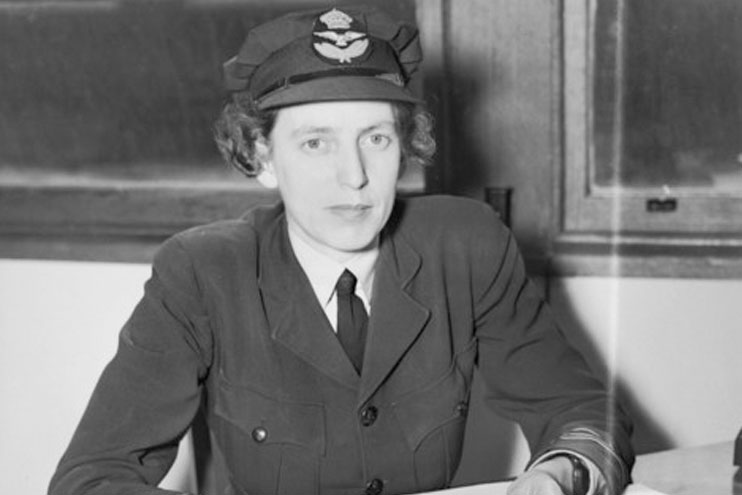
Doris Carter OBE
Doris Carter OBE competed in the high jump at the Sydney 1938 Empire Games, finishing fifth. Two years earlier, Carter made history by becoming the first Australian female competitor to reach an Olympic track and field final when she made the final of the high jump at the Berlin 1936 Olympics. A multi-talented sportswoman, she was also an Australian discus champion and a skilled hurdler and was selected in the Australian women’s hockey team to tour England in 1939. In 1942, Carter joined the Women’s Australian Auxillary Air Force to support the nation’s war effort.
—
One ANZAC Legend who narrowly missed out on representing Australia at the Empire Games was Cecil Healy.
Healy, a champion swimmer, is Australia’s only Olympic gold medallist to perish on the battlefield, yet his story has largely been forgotten.
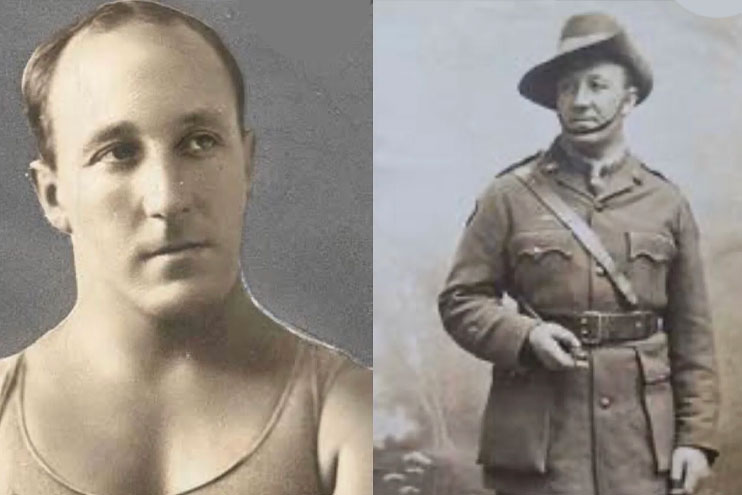
One of the world’s best swimmers in the years before the Great War, Healy was a surfing pioneer and an evocative journalist, who was a national champion in the 100-yard event after being one of the early embracers of the new “Australian crawl” stroke.
After competing at the 1906 Intercalated Games, an unofficial Olympic Games, and throughout Europe, Healy returned to dominate Australian events. After qualifying for the 1908 Olympics by winning the 1908 Australian 110-yard freestyle title, he was unable to attend the Games due to a lack of funds.
Healy defended his national title in 1909 and 1910, and in 1911, Healy inflicted the first defeat on Australian swimming legend Frank Beaurepaire in any race. However, at the 1911 Australian Championships, Healy was upset in his pet event by a young upcoming swimmer named Harold Hardwick.
Upon winning the race, Hardwick was chosen to represent Australia at the upcoming Festival of the Empire, not only because he won the swimming championship, but also because of limited funds to send the team, Australian officials asked Hardwick to compete in the boxing event too. Hardwick won both events.
Healy sadly missed out on competing against the best swimmers in the Commonwealth. But the following year Healy qualified for the 1912 Olympic team and achieved his Olympic dream, and teamed with Hardwick, Leslie Boardman and Malcolm Champion to win the 4x200m freestyle relay team to become gold medallists.
In 1915, with World War I raging, Healy decided to enlist in the Australian Defence Force, and served as a quartermaster sergeant in Egypt and France. After attending officer training in Cambridge, he became a second lieutenant in June 1918 in the 19th Sportsman’s Battalion. Sadly, Healy was killed in action on the Somme battlefront.
Healy’s story inspired another young Australian swimming champion in John Devitt.
Devitt, a three-time gold medallist at the Cardiff 1958 Games, was so inspired by Cecil Healy’s story he, in collaboration with author, Larry Writer, wrote a biography of the Australian ANZAC Legend.
The biography captures the story of a man who understood that the value of the sportsperson as role model and cultural hero was nothing if without honour.
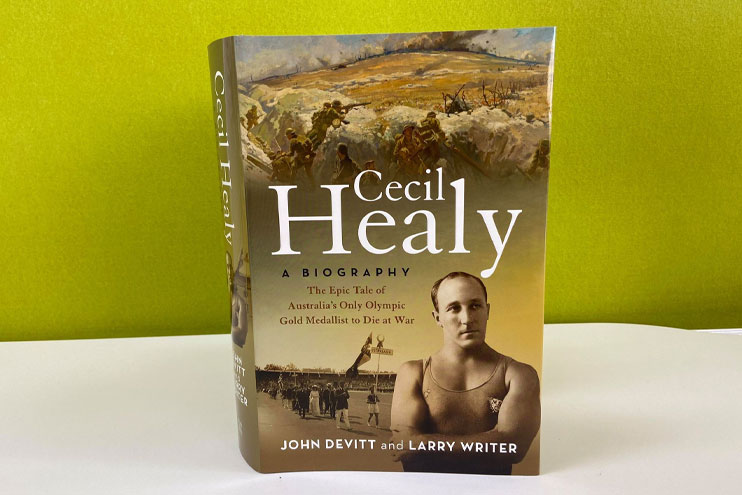
Of course, given World War II caused the cancellation of the 1942 (scheduled for Montreal, Canada) and 1946 Empire Games (scheduled for Cardiff, Wales) there were many talented young sports men and women who gave their life serving our nation who may have competed for Australia in those two editions of the Games.
Lest we forget.

